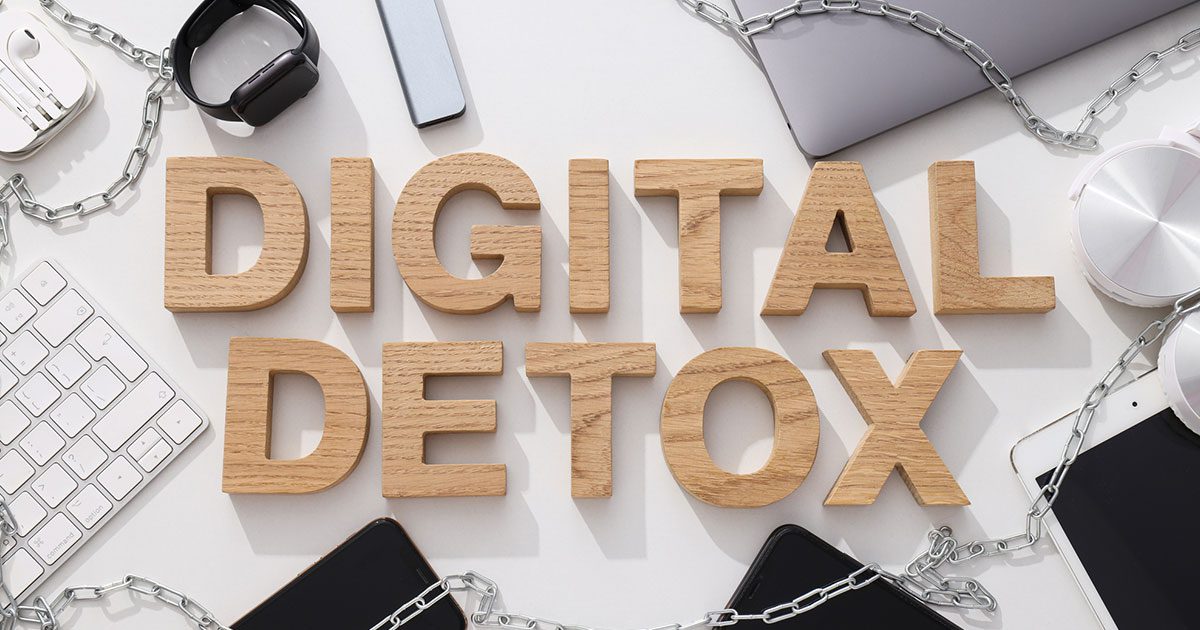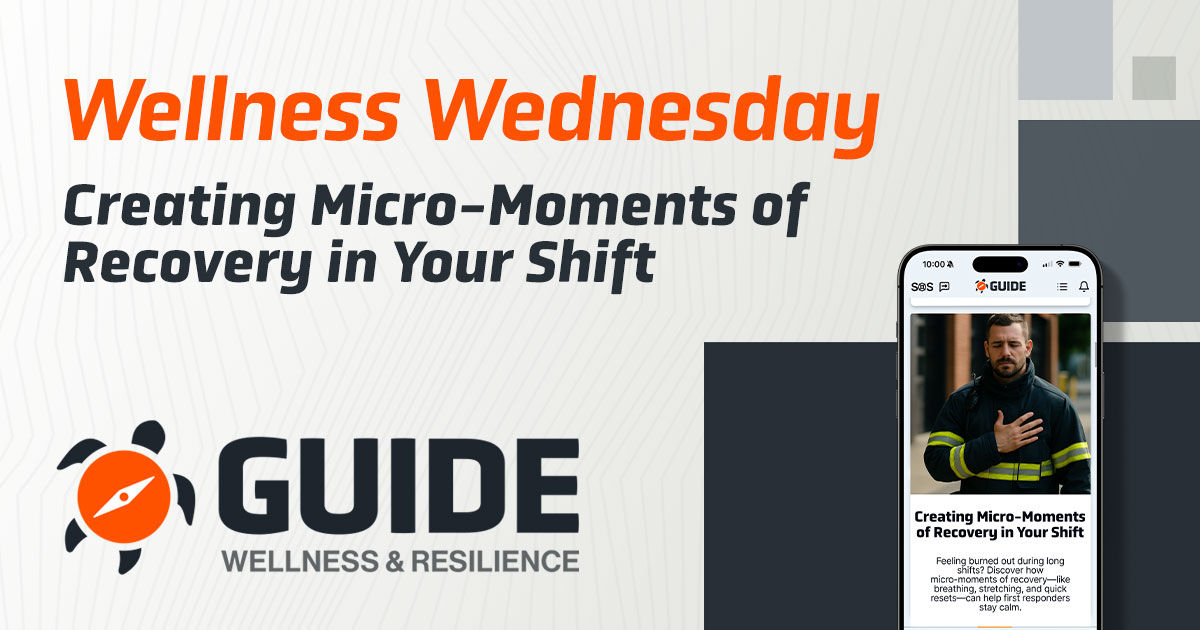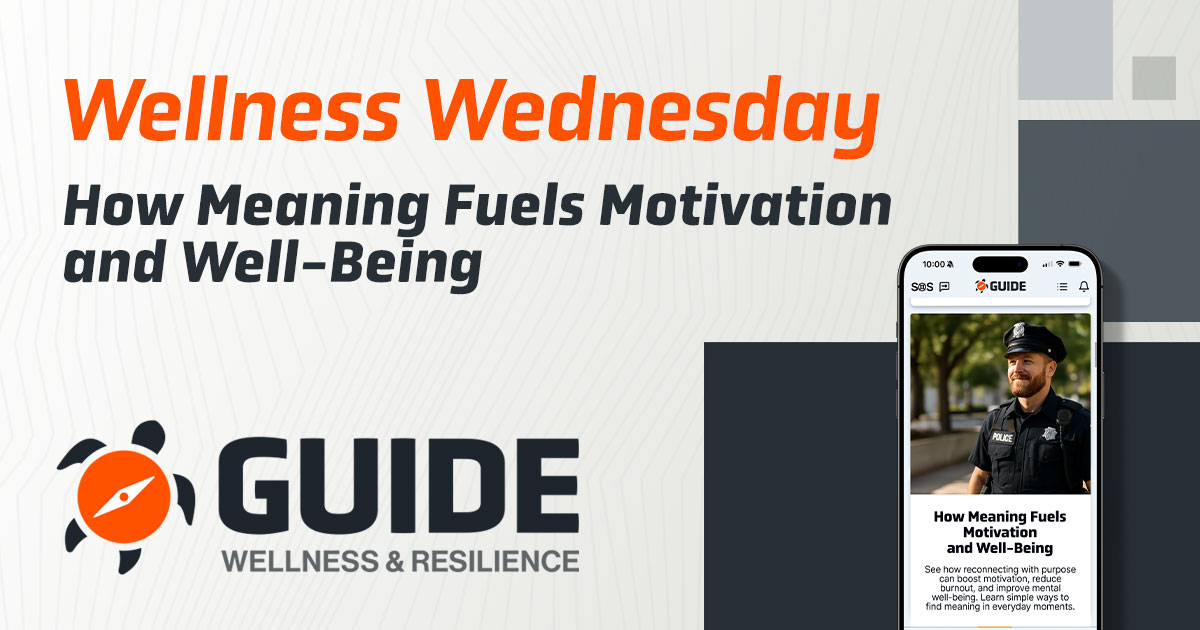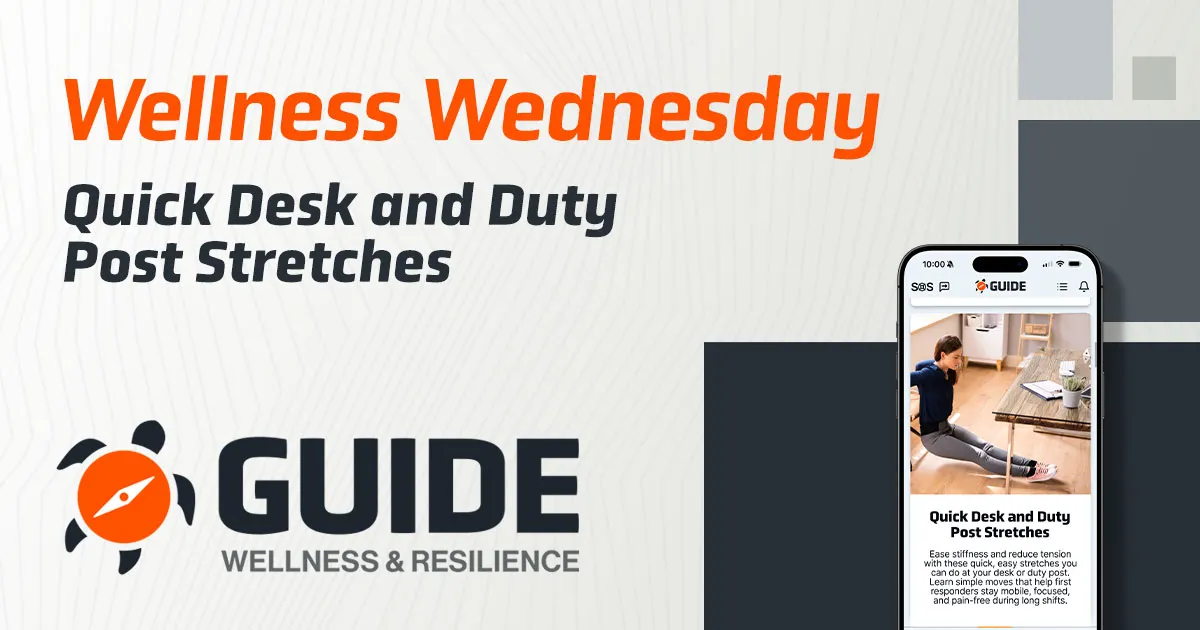Whether it’s checking emails, scrolling through social media, or streaming videos, screens dominate much of our daily lives. While technology has made life more convenient, the constant connection can take a toll on our mental and emotional well-being. Enter the concept of a “digital detox”—taking a break from screens to reset your mind, improve focus, and boost emotional health. In this blog post, we’ll explore the importance of digital detox, its benefits, and how you can start incorporating this practice into your routine for a healthier, more balanced life.
Why Do We Need a Digital Detox?
The average adult spends nearly seven hours a day in front of screens. From work to entertainment to communication, our devices have become integral to how we live. However, excessive screen time can lead to a range of issues, including:
- Mental Overload: Constantly absorbing information from screens can overwhelm our brains, leading to mental fatigue and difficulty concentrating.
- Stress and Anxiety: Social media, in particular, can heighten feelings of stress, inadequacy, and anxiety due to comparison with others and the pressure to stay constantly engaged.
- Sleep Disruption: The blue light emitted by screens interferes with our natural sleep cycles, making it harder to fall asleep and reducing sleep quality.
- Reduced Productivity: Frequent distractions from notifications and social media can reduce our ability to focus and stay productive during work or important tasks.
- Strained Relationships: Spending more time on our phones and less time connecting with the people around us can lead to strained relationships and feelings of isolation.
A digital detox helps combat these effects by giving your brain the rest it needs and fostering greater balance between your online and offline lives.
The Benefits of Digital Detox
Taking breaks from your devices, even for short periods, can yield significant mental, emotional, and physical benefits. Let’s take a look at some of the most notable ones:
1. Improved Mental Clarity and Focus
One of the key benefits of unplugging is the improvement in mental clarity. Without the constant barrage of information, your mind can rest and recharge, making it easier to concentrate when you return to your tasks. A digital detox can also increase your creativity, as your brain has more space to process thoughts without distractions.
2. Reduced Stress and Anxiety
Social media can be a breeding ground for stress and anxiety. We are constantly bombarded with images and posts that can trigger comparison, envy, or feelings of inadequacy. Disconnecting from social media allows you to step back, gain perspective, and reduce the stress of needing to stay connected and “up-to-date” all the time.
3. Better Sleep Quality
Studies have shown that reducing screen time, especially before bed, can significantly improve sleep quality. The blue light from screens can suppress the production of melatonin, a hormone that helps regulate sleep. By putting down your devices an hour before bedtime, you allow your body to follow its natural sleep rhythms, resulting in deeper and more restful sleep.
4. Strengthened Relationships
Unplugging from your devices gives you more time and space to connect with the people around you. Whether it’s engaging in meaningful conversations with family and friends, spending quality time with loved ones, or simply being present in social settings, a digital detox allows you to nurture relationships and strengthen bonds with the people who matter most.
5. Enhanced Emotional Well-being
When you step away from the constant notifications and comparison-driven world of social media, you can regain a sense of control over your emotions. You become more aware of your own thoughts and feelings, allowing you to cultivate a healthier relationship with yourself. This newfound emotional clarity can lead to greater self-confidence, reduced anxiety, and an overall sense of well-being.
How to Start Your Digital Detox
You don’t need to go completely “off the grid” to experience the benefits of a digital detox. Here are some simple steps you can take to start incorporating detox breaks into your daily life:
1. Set Boundaries for Screen Time
Start by setting clear boundaries for your screen time. For example, you could designate specific times of the day when you’ll check emails or scroll through social media. Outside of those times, put your devices away and focus on non-digital activities.
2. Create a Screen-Free Zone
Establish certain areas of your home as screen-free zones, such as the bedroom or dining room. This will help you disconnect during mealtimes or bedtime, allowing you to be more present in the moment and improving your sleep quality.
3. Schedule Daily Tech Breaks
Incorporate short digital detox breaks throughout your day. For example, step away from your devices for 15-30 minutes every couple of hours. Use this time to go for a walk, stretch, meditate, or engage in a hobby that doesn’t involve screens.
4. Try a “Detox Day” Once a Week
If you’re ready to take it a step further, consider dedicating one day a week to a full digital detox. Spend the day engaging in offline activities that bring you joy—whether that’s hiking, reading, cooking, or spending time with loved ones.
5. Be Mindful of Social Media Use
Consider doing a social media cleanse, where you unfollow accounts that trigger negative emotions and follow accounts that inspire and uplift you. Taking periodic breaks from social media will allow you to reconnect with yourself and focus on the things that truly matter.
Embrace the Balance
A digital detox isn’t about completely abandoning technology—it’s about finding balance and using it in ways that enhance your life rather than overwhelm it. By unplugging for short periods and setting healthy boundaries, you give your mind and emotions the space to reset, helping you regain clarity, focus, and emotional well-being.
Remember, the key to a successful digital detox is consistency. Start with small, manageable changes and build from there. Over time, you’ll notice the positive impact that unplugging has on your mental health, relationships, and overall quality of life.




